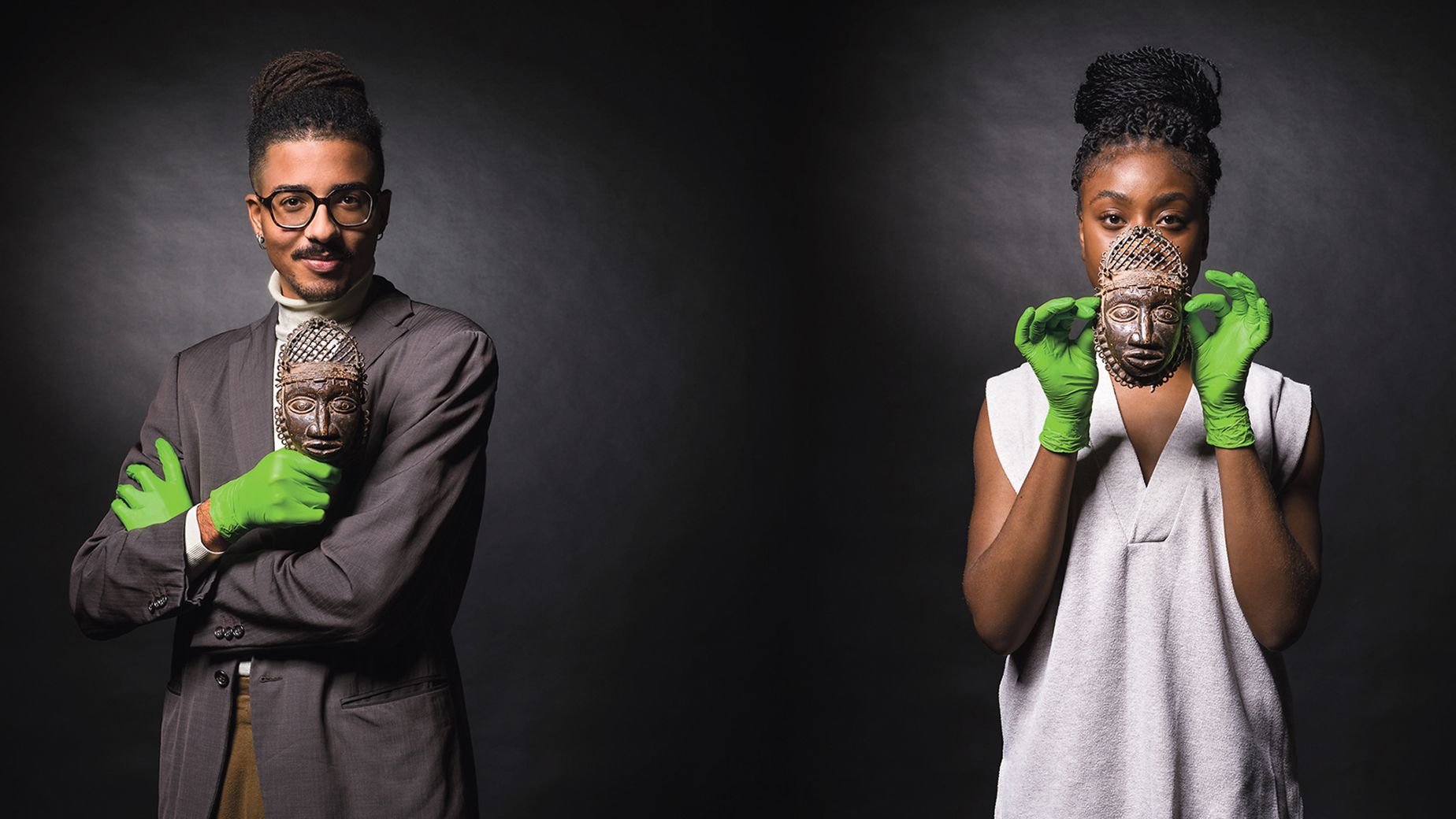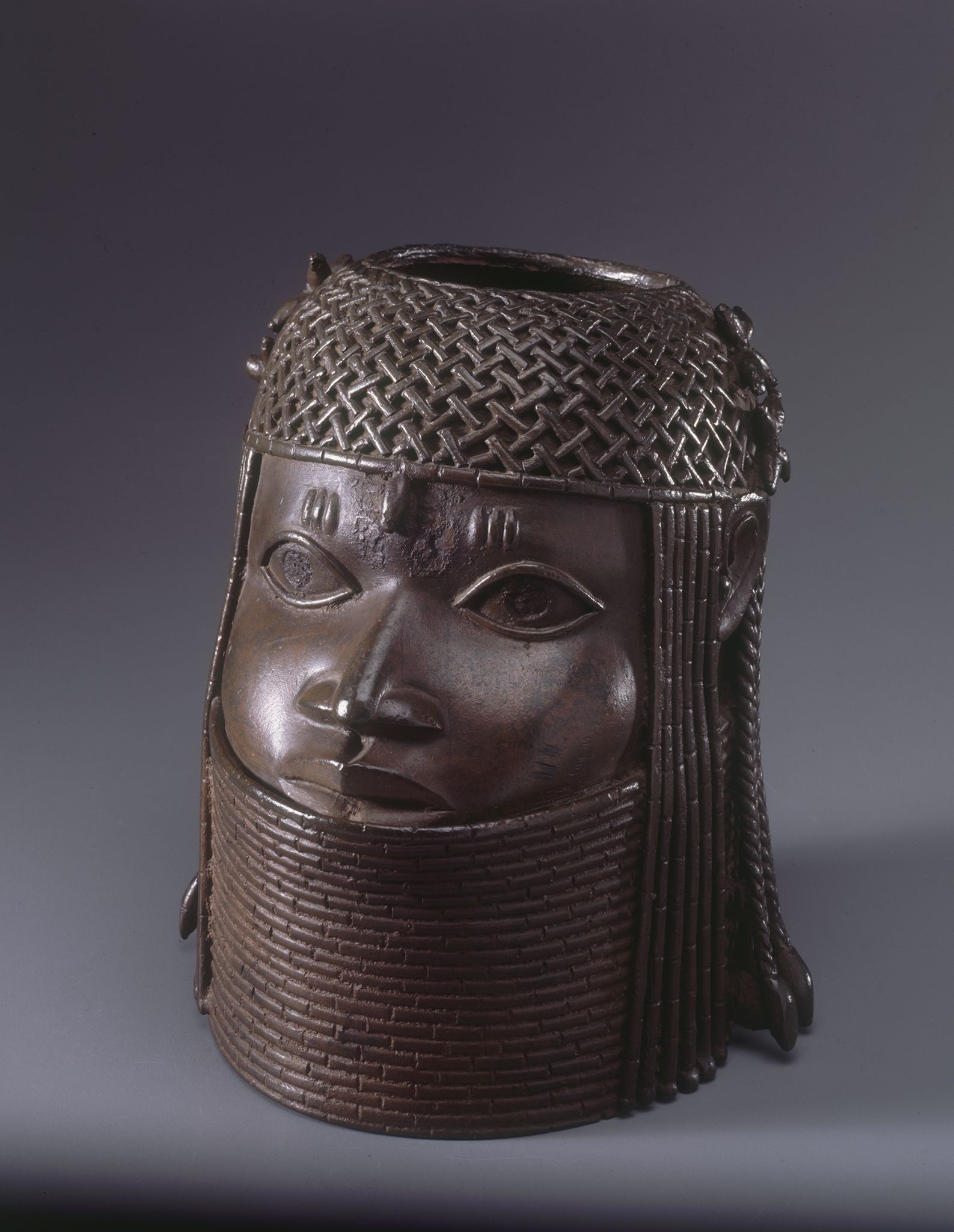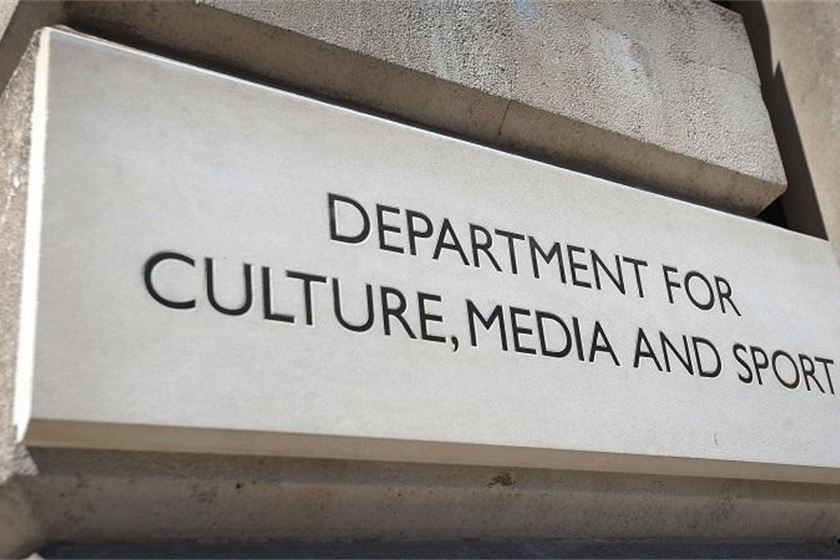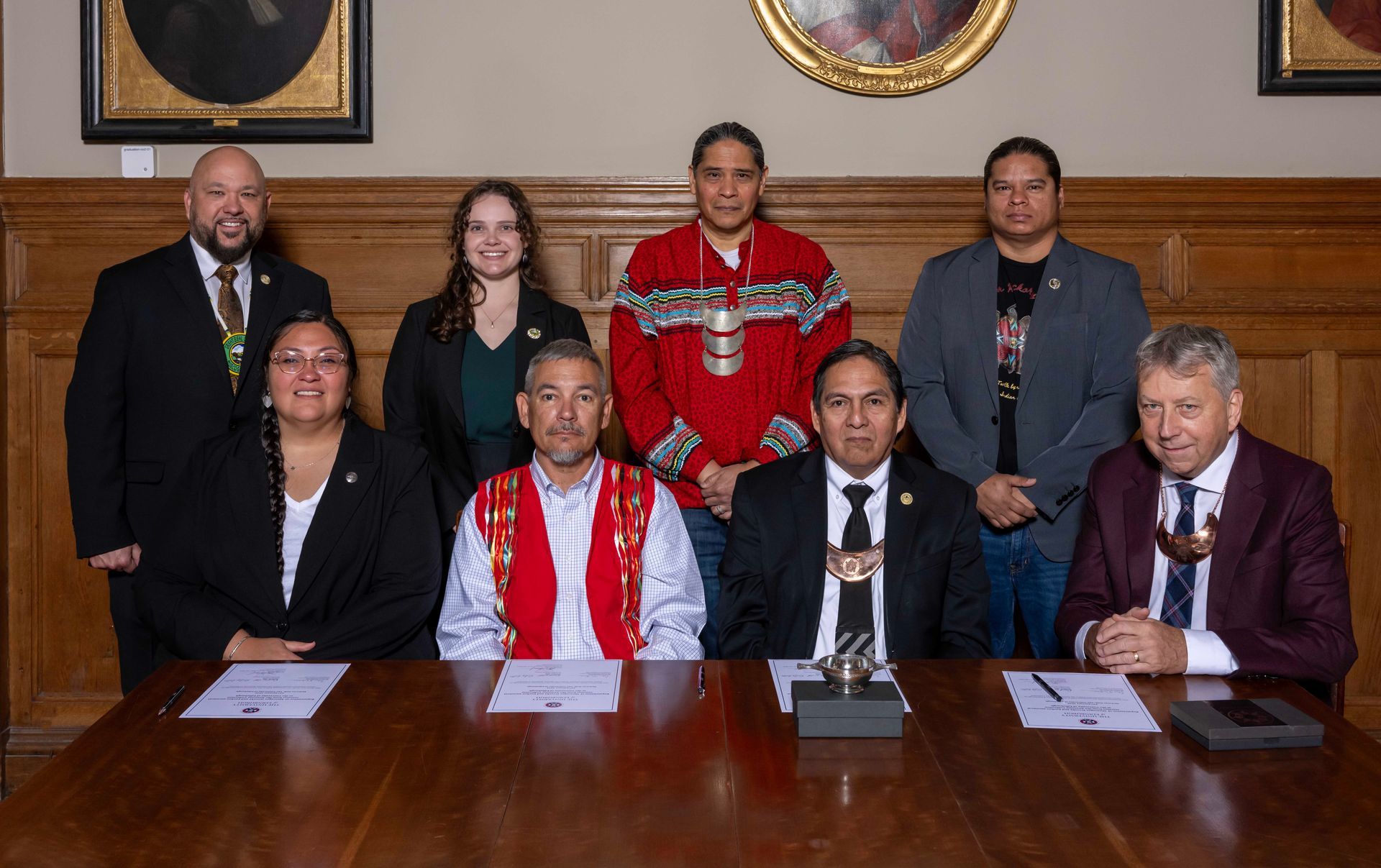Cultural Restitution
SHARE ARTICLE
A growing willingness by museums to reach out and canvas local communities and stakeholders for help resolving the future of contentious objects provides a voice for diaspora communities in the restitution debate.
Consultation with South London’s Nigerian diaspora played an important role in the decision by trustees of the Horniman Museum and Gardens to agree the return of 72 Benin objects to Nigeria in 2022.
This month, the Ethnographic Museum at the University of Zurich (UZH), launched an exhibition, Benin Dues, which creates the same opportunity for Switzerland’s Afro-Swiss community to engage in a debate over the future of that Museum’s collection of objects looted from the Kingdom of Benin.
Acquired by UZH in 1940 from the then Swiss Volksbank, the sculptures, relief plaques and other objects from Benin City were part of the collection of Zurich art collector Han Coray, who had filed for bankruptcy in 1931. According to research by the Swiss Benin Initiative, 14 of the Museum’s 18 Benin objects were very likely looted during the 1897 British raid on Benin City
Kept off public display for the past twenty years, Benin Dues will display the objects alongside ‘information on their problematic, and not fully clarified provenance’, according to a statement from the Museum.
Meanwhile, the exhibition features the voices of those with a more personal link to Benin’s cultural heritage, raising questions over the future of how these looted objects should be treated in the Museum’s collection.
“In the exhibition, we ask the communities whose opinion matters to us: Nigerian experts and members of the Nigerian diaspora in Switzerland,” explains curator Alexis Malefakis.

Salim Umar from the African Students Association of Zurich and Andra Omokaro from the Edo United Club of Switzerland holding a pendant mask from the Kingdom of Benin (Image: Kathrin Leuenberger)
Among those consulted in the development of the exhibition were the African Students Association of Zurich and members of the Edo United Club of Switzerland. In video projections, two representatives of the EUCS explain what the objects mean to them and how they envisage the future handling of their cultural heritage.
“The opening of the exhibition is a first important step,” said curator and provenance researcher Alice Hertzog. “We hope that while the exhibition is running, there’ll be further opportunities to engage with and discuss the topic.”
The Ethnographic Museum at the University of Zurich co-drafted the Joint Declaration of the Swiss Benin Initiative, which has researched the provenance of all Benin objects in Swiss collections, in collaboration with Nigerian institutions. The Initiative supports calls for the restitution of these objects.
Along with the cantonal authorities, the Museum is now examining its next steps. According to Museum Director Mareile Flitsch, there is talk of a paradigm shift: “Ethnographic museums now need to reconsider past world views and attitudes. Our collections offer unique opportunities to engage with their creators and their descendants. This collaborative process is changing the way the objects are collected, researched and presented.”



